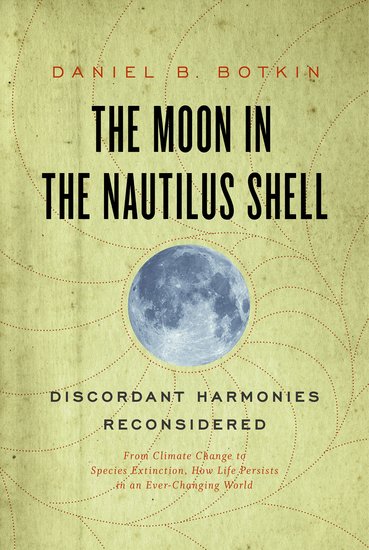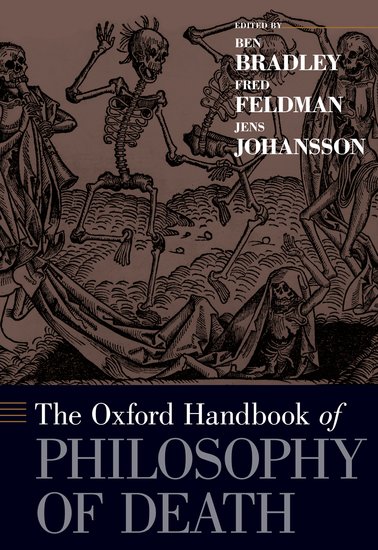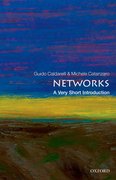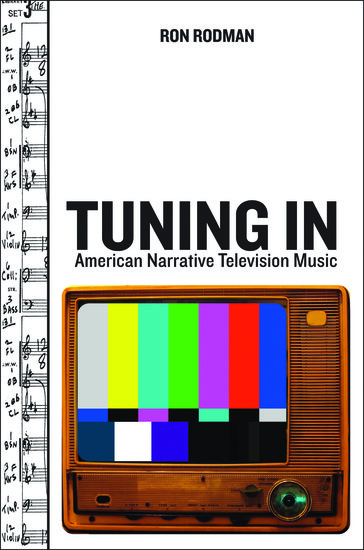The myth of a constant and stable environment
By Daniel B. Botkin
Nature has always changed; even the moon’s rotation around Earth and distance from Earth have changed over the millions of years. Living things require, and depend upon, change in nature in order to survive. We have learned this from science, from geological history recorded in ancient nautilus shells to understanding radioactivity.















